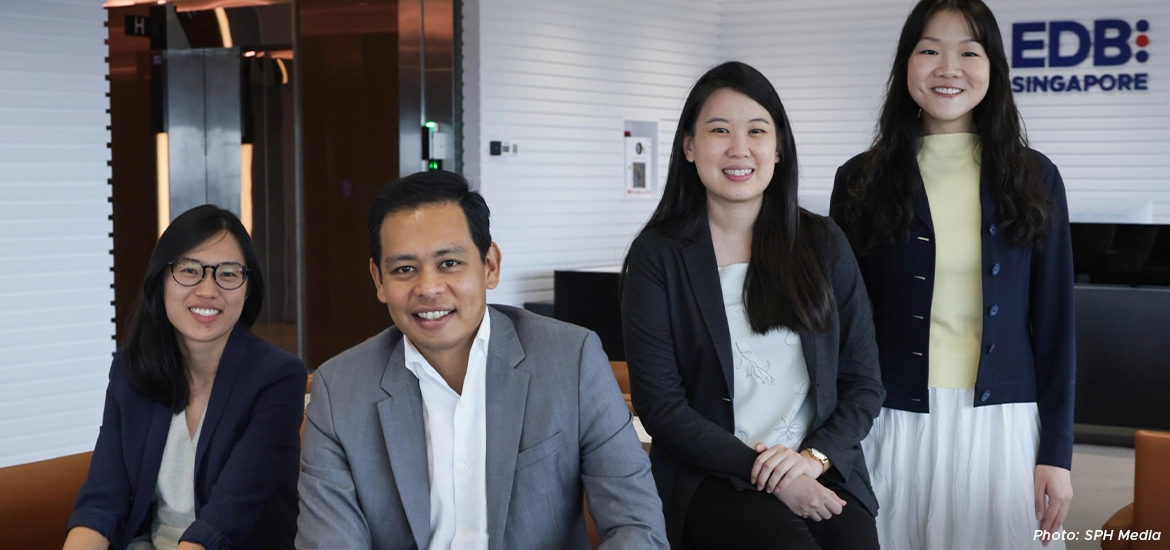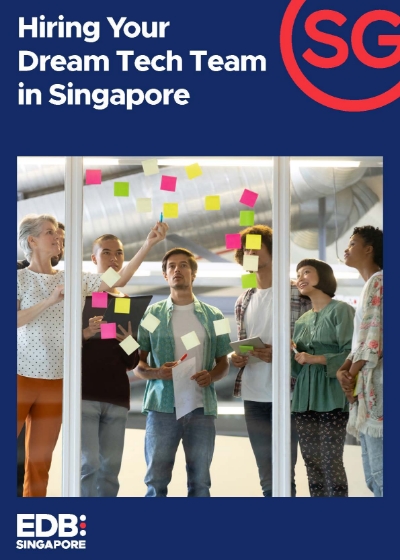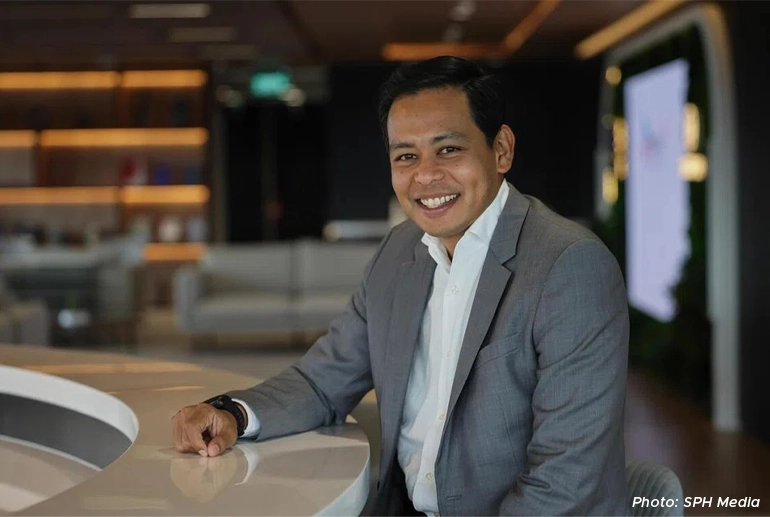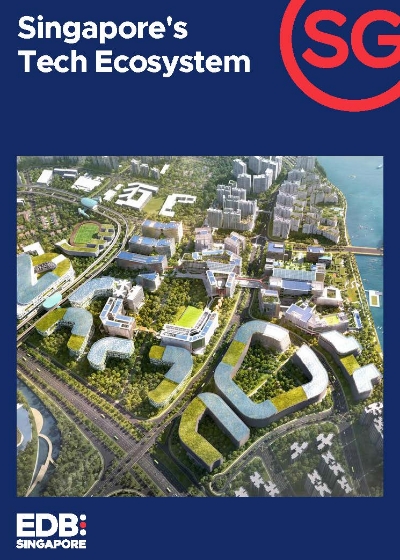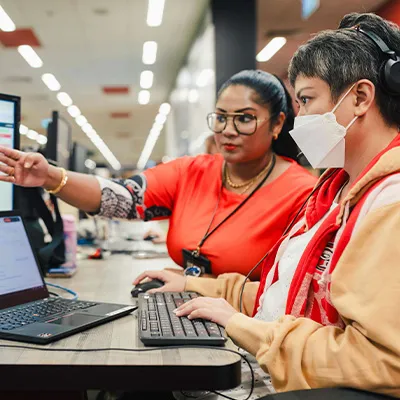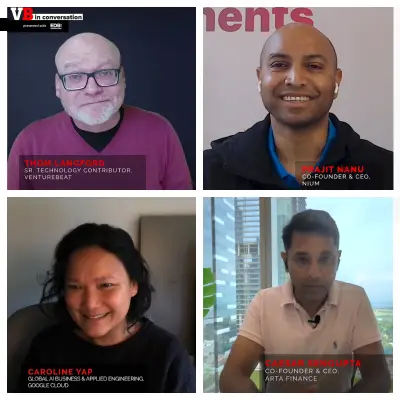They are not as well known as big names like Nvidia, but more mid-cap tech companies from around the world are looking to Singapore as a base, and a government outfit is out to woo them.
These firms, which could be making US$200 million (S$260 million) in annual revenues, are looking for launchpads into new markets, said Mr Philbert Gomez, executive director of Digital Industry Singapore (DISG).
When they drill down their shortlist of places to invest in, Singapore wants to be “at least” one of the two finalists standing.
Mr Gomez, who is also a senior vice-president at Economic Development Board (EDB), cited three firms as examples: workflow automation company Workato, fintech firm Wise, and data security provider AvePoint.
In September, Nasdaq-listed AvePoint completed its secondary listing on the Singapore Exchange, after having its office here since 2009. The New Jersey-based firm, reporting over US$320 million in annual revenue, has also made Singapore its Asia headquarters and international research hub.
Mr Gomez said: “The trends are positive, but they have different resource needs, so we are positioning ourselves to be appealing to them.”
Competing with billion-dollar-revenue tech giants for top talent, these firms hire through niche strategies, such as appealing to candidates job hunting in a specific industry, or through alliances with universities and polytechnics.
Workato has committed to beefing up its 130-strong team here with 700 more hires in Singapore in 2025, while Wise employs about 600 employees.
“These are not small numbers,” Mr Gomez said, adding that these mid-sized firms bring opportunities that benefit local startups and workers.
